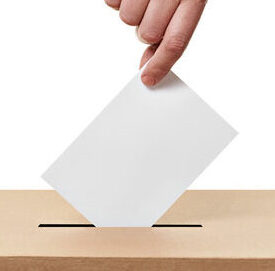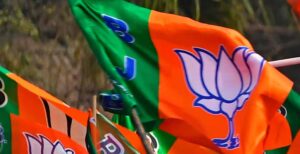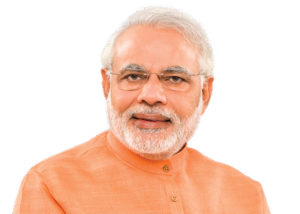Elections in 2029 & the Law Panel’s recommendations

The Law Panel may recommend simultaneous elections in 2029, along with a new Constitution chapter
The Law Panel is considering the possibility of recommending the implementation of simultaneous elections in the year 2029, along with the addition of a new chapter in the Constitution
The Law Commission’s proposal for ‘one nation, one election’ is a comprehensive plan to synchronize all elections in India, from the local level to the national level. Currently, elections are held at different times for different levels of government, leading to a constant cycle of campaigning, voting, and governance disruptions. This fragmented approach not only puts a strain on the Election Commission but also hampers effective governance and development activities.
By conducting simultaneous elections, the Commission aims to streamline the electoral process and reduce the frequency of elections. This would not only save time and resources but also allow elected representatives to focus on their duties rather than being constantly engaged in election-related activities. It would also enable better coordination and cooperation between different levels of government, leading to more efficient governance.
The proposal also seeks to minimize the impact of elections on governance and development activities. Currently, when elections are held, the Model Code of Conduct comes into effect, which restricts the government’s ability to make policy decisions and implement development projects. This often leads to delays and disruptions in important initiatives. By having synchronized elections, the impact of the Model Code of Conduct would be minimized, allowing for uninterrupted governance and development activities.
Implementing ‘one nation, one election’ would require amending the Constitution, as the current provisions allow for staggered elections. This would require careful consideration and debate among all stakeholders, including political parties, state governments, and civil society organizations. It is crucial to ensure that the proposed changes do not undermine the principles of federalism and the rights of states to hold elections at their own convenience.
If successfully implemented, ‘one nation, one election’ could bring about significant changes in the Indian political landscape. It would create a more stable and predictable electoral system, allowing for better long-term planning and policy implementation. It would also reduce the influence of money and muscle power in elections, as parties would have to strategize and allocate resources more efficiently. Moreover, it would strengthen the democratic process by ensuring that the focus remains on governance and development rather than on constant electioneering.
However, there are also concerns and challenges associated with the proposal. Critics argue that synchronized elections could lead to a dominance of national issues over local concerns, as parties would be more inclined to focus on national campaigns. There are also logistical challenges in conducting simultaneous elections across the vast and diverse country of India. Additionally, the proposal may require significant changes in the functioning of political parties and their internal decision-making processes.







